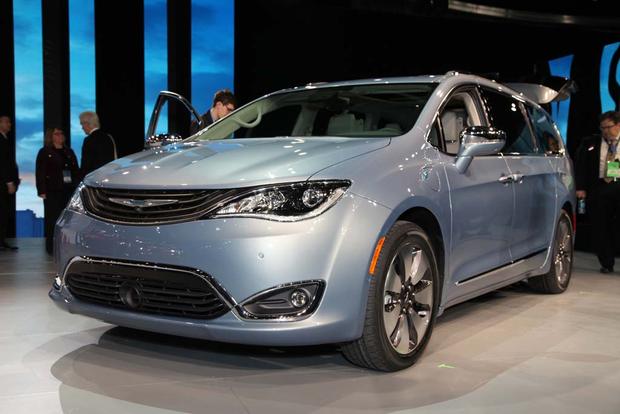-
2018 Buick Enclave “Avenir” will have ionic air purifier - April 12, 2017
-
Lease a Luxury Car for Less Than You Think - April 5, 2017
-
Shopping for a Car When Your Credit is Low - March 31, 2017
-
Aston Martin Closer to Unveiling Second-Generation Vantage - March 21, 2017
-
2017 Bentley Bentayga SUV: Offroad for $238,000 and Up - March 14, 2017
-
Pagani Huayra is Finally Here, Only $2.4M - March 9, 2017
-
Mercedes AMG E63 – For When Your Wagon Needs Drift - February 6, 2017
-
2018 Audi Q5 SUV: Enhanced Performance - January 30, 2017
-
2018 Toyota Camry Due in Late Summer - January 27, 2017
-
2018 Dodge Challenger SRT Demon Will Outstrip Hellcat - January 23, 2017
Four-Cylinder Engine Popularity Seems to be Dwindling
Fads don’t last. But have drivers already retreated to their gas guzzlers and abandoned the thought of buying a small, fuel-efficient, four-cylinder car? One company thinks so.
J.D. Power and Associates’ Power Information Network is reporting sales numbers that suggest the shift to smaller, four-cylinder vehicles is slowing down, while customer loyalty among large truck owners is simultaneously increasing, reports Auto Remarketing.
The Power Information Network collects daily point-of-sale transaction data for new and used light-vehicles. The PIN network’s clients are auto manufacturers, banks, finance companies, rental car companies and others.
The Power Information Network shows the percentage of retail sales of vehicles with four-cylinder engines reached 51.2 percent in May, but has fallen to 42.8 percent in August.
Meanwhile, large-pickup loyalty has surged in the same time period. After declining each month from January to May, the segment’s loyalty climbed from 49.7 percent to 71.8 percent in the three months since May.
"Some of this improvement is due to heavy incentive activity in August, including GM’s employee pricing program," PIN executives explained. "However, given the importance of this segment to the OEMs and the fact that two major launches will occur this fall in this segment, incentives will most likely continue at robust levels at least in the near term."



















